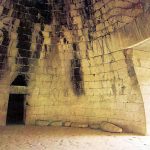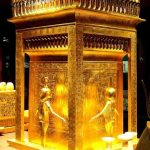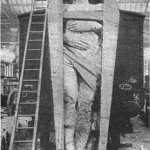Lotus Pond: Nelum Pokuna’s Historical Serenity
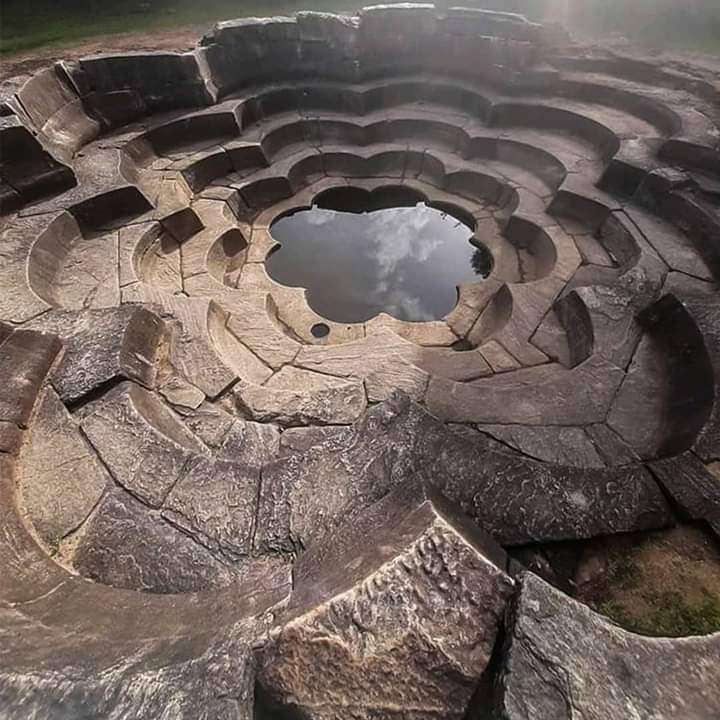
Nelum Pokuna, known as the Lotus Pond, stands as a serene testament to Sri Lanka’s ancient craftsmanship and cultural heritage. Nestled within the island’s historical landscape, this small stone bath captivates visitors with its unique design, crafted in tiers resembling eight-petaled lotus flowers descending gracefully.
Constructed from meticulously cut granite, Nelum Pokuna exemplifies excellent craftsmanship and structural precision, making it a source of delight and fascination for modern-day tourists exploring Sri Lanka’s rich architectural legacy. Its smooth surfaces and intricate detailing not only highlight the skill of ancient artisans but also reflect the aesthetic sensibilities of the era in which it was built.
Historically, Nelum Pokuna finds mention in ancient chronicles, particularly associated with the reign of Parakramabahu the Great, a revered monarch known for his ambitious construction projects and patronage of Buddhism. According to historical accounts, this lotus bath was among the many ponds and bathing facilities commissioned by the king, specifically intended for the use of monks associated with the nearby Jetavana Vihara, a prominent Buddhist monastery.

The symbolism of the lotus holds deep significance in Buddhist culture, representing purity, enlightenment, and spiritual awakening. The design of Nelum Pokuna, with its lotus petals delicately sculpted into the stone, thus resonates not only as a practical bathing facility but also as a spiritual oasis amidst the bustling historical city of Anuradhapura.
Today, Nelum Pokuna continues to attract visitors from around the world, drawn by its architectural beauty and historical intrigue. Situated amidst the ruins of Anuradhapura, a UNESCO World Heritage site, the Lotus Pond offers a tranquil pause where visitors can reflect on Sri Lanka’s ancient past and the enduring legacy of Buddhist principles that have shaped the island’s cultural identity.
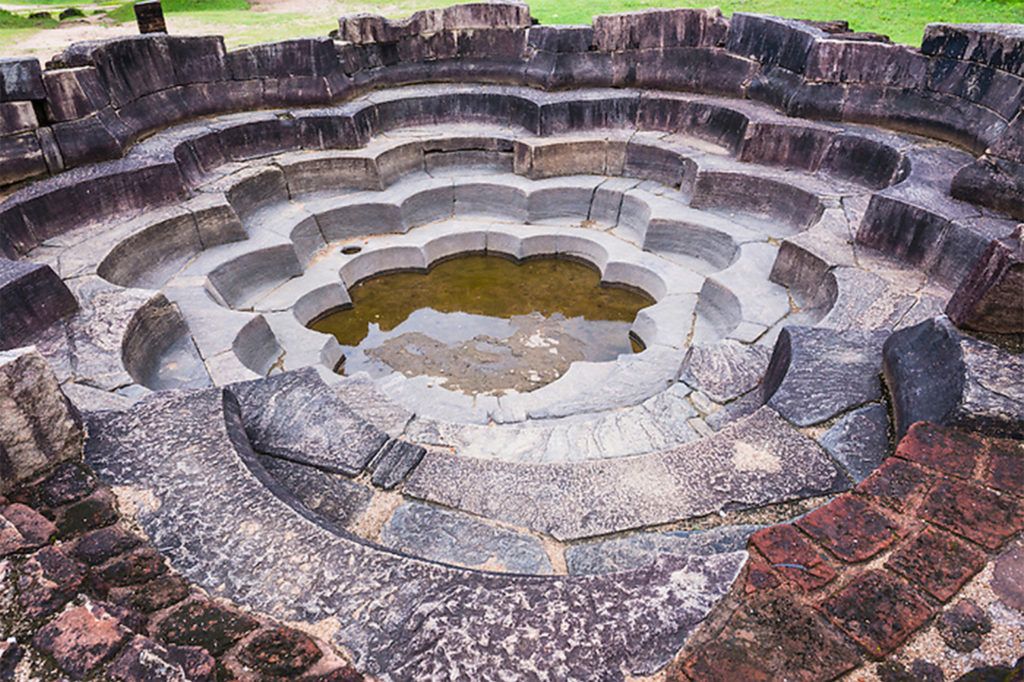
As Sri Lanka embraces its role as a cultural destination, sites like Nelum Pokuna serve as bridges connecting the present with a rich historical tapestry. Through preservation efforts and scholarly research, these cultural landmarks not only preserve the past but also inspire appreciation for the artistic achievements and spiritual values that continue to resonate through the ages.
In essence, Nelum Pokuna, the Lotus Pond, stands as more than a mere architectural marvel; it is a testament to the timeless allure of Sri Lanka’s heritage and a symbol of enduring beauty amidst the passage of centuries.

